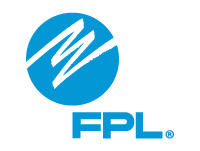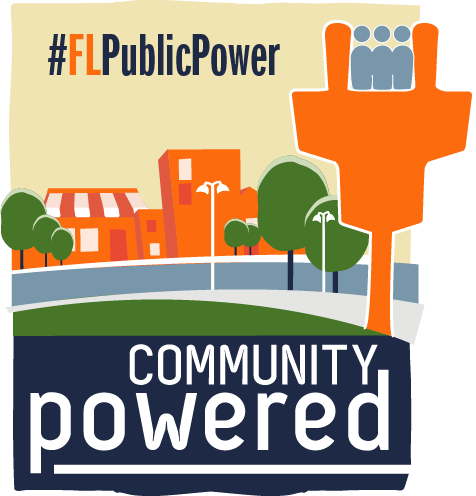FPL Storm Costs, Tax Cuts Spark Debate
 After more than an hour of arguments Tuesday, state regulators next month will decide a high-stakes battle stemming from Florida Power & Light’s costs to restore power after Hurricane Irma and a federal tax overhaul that has saved the utility hundreds of millions of dollars.
After more than an hour of arguments Tuesday, state regulators next month will decide a high-stakes battle stemming from Florida Power & Light’s costs to restore power after Hurricane Irma and a federal tax overhaul that has saved the utility hundreds of millions of dollars.
The state Office of Public Counsel, which represents consumers in utility issues, and two business groups argued that FPL did not use the proper process for paying storm costs and has not properly passed along tax savings to customers --- moves that Deputy Public Counsel Charles Rehwinkel dubbed the “great tax surplus heist of 2018.”
But Wade Litchfield, general counsel for FPL, told members of the state Public Service Commission that the utility followed a 2016 base-rate settlement that, in part, dealt with paying for hurricane costs. He said the way the utility handled $1.3 billion in storm costs and the tax cuts from the 2017 federal Tax Cuts and Jobs Act shielded customers from facing higher monthly bills.
“Base rates remain unchanged and continue to be among the lowest in the state, well below the national average. Nothing has changed there,” Litchfield said. “FPL’s earned return (a profit measurement) is no different than it would have been without the Tax Cut and Jobs Act. That’s key. The only things that have changed are actually positive for our customers.”
If the Office of Public Counsel and its allies in the case, the Florida Retail Federation and the Florida Industrial Power Users Group, are successful, it could lead to reopening FPL’s base rates. The Public Service Commission is expected to take up the issue May 14.
The dispute involves a complicated series of issues that include the 2016 base-rate settlement, which the Public Service Commission approved.
The settlement included numerous provisions, including setting a maximum return on equity of 11.6 percent --- a closely watched measure of profitability --- and approving FPL’s use of a financial reserve. Litchfield said that reserve was designed to help the company manage “ups and downs” in costs and revenues.
Under the settlement, the utility was also allowed to pass along hurricane-restoration costs to customers if a major storm hit, as Hurricane Irma did in September 2017. Utilities have long been able to tack on extra charges to customers’ monthly bills, outside of base rates, to pay for such storm costs.
In late 2017, Congress passed the federal tax overhaul, which, among other things, reduced corporate income-tax rates from 35 percent to 21 percent. The Office of Public Counsel and business groups said the tax law saved about $650 million a year for FPL.
The dispute centers, in part, on an FPL decision to essentially tap the reserve to pay the Irma restoration costs and then use tax savings to replenish the reserve. While that allowed FPL to avoid tacking on extra storm-recovery costs to customers’ bills, the Office of Public Counsel and the business groups contend it results in the utility not passing along tax savings to customers over multiple years.
Article reposted with permission from The News Service of Florida.
 Enter your email address in the
Enter your email address in the 